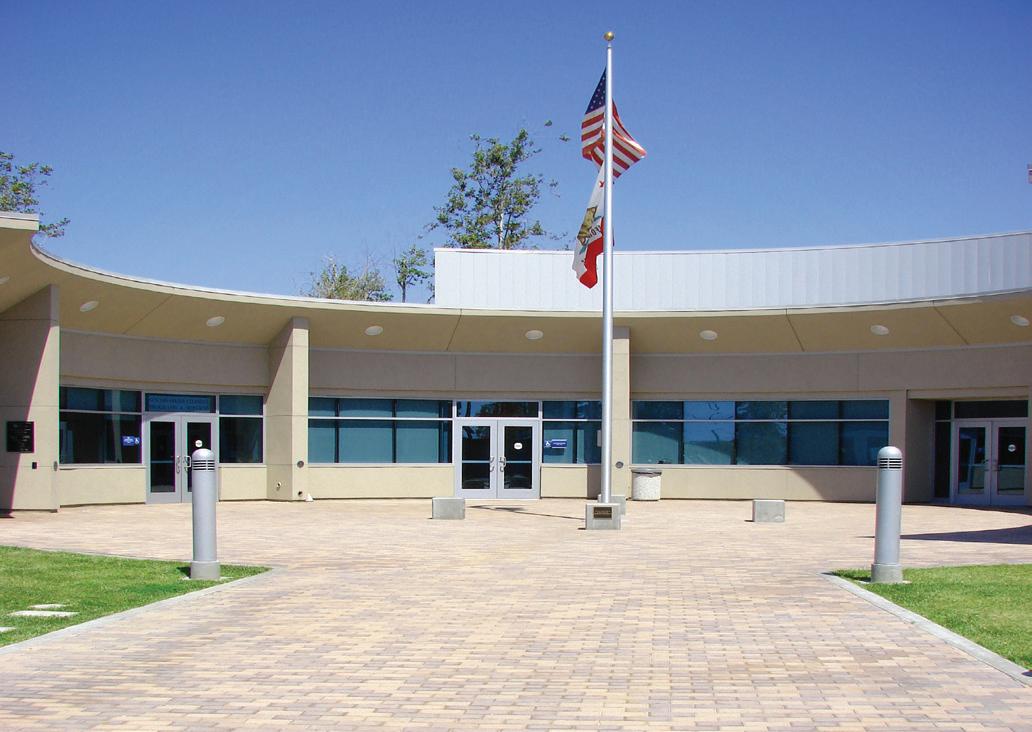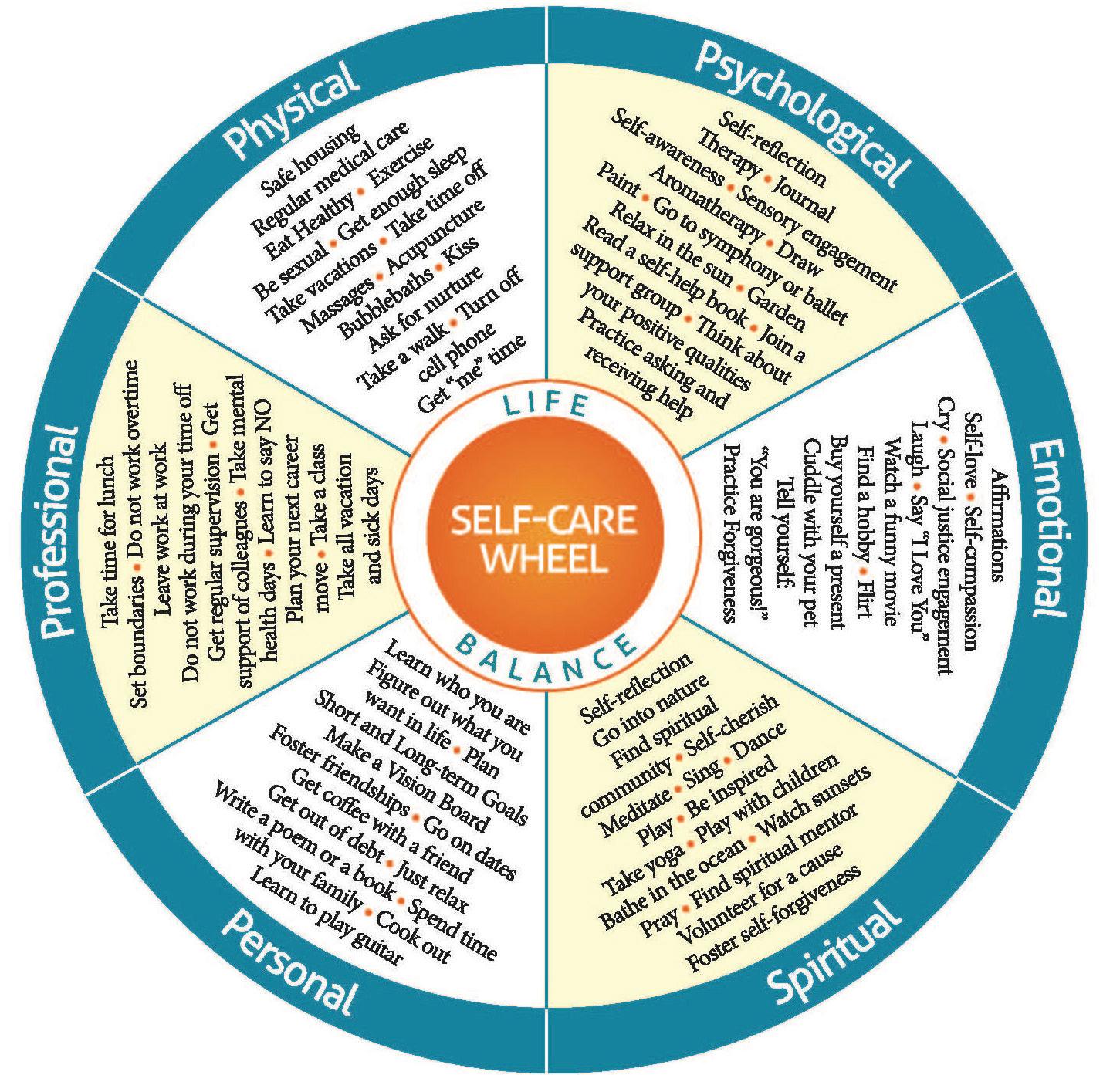
8 minute read
Effective Resumes for Education Majors
John F. Snyder
Associate Director of Career Education and Development (retired), Slippery Rock University of Pennsylvania
Advertisement
Even in this era of online applications and LinkedIn, your resume is still pertinent. This one or two-page document captures your teaching skills and experiences. The goal of your resume, along with the other paperwork districts require, is to earn you an interview. When used during the course of a job fair or on-site interview, the resume provides the interviewer with relevant information about your qualifications.
As you gather and organize information for your resume, critically examine your skills, experiences, and accomplishments and relate them to teaching. Self-assessment and reflection are excellent preparation for the interview as well.
Before writing your resume, read a job description of a teacher in the Occupational Outlook Handbook (www.bls.gov/ooh), O*Net (www.onetonline.org), or another career reference resource. Talk to teachers about what they do. Pay attention to the words describing the profession and use these same words in your resume. Think about the skills teachers employ. Educators plan, organize, prepare, research, instruct, lead, listen, demonstrate, write, supervise, evaluate, motivate, implement, integrate, encourage, facilitate, enforce, advocate, collaborate, communicate, and assess.
While there is not simply one correct way to write a resume, effective resumes adhere to basic guidelines: ü Beginning with the most important material; ü Starting sentences with vivid verbs describing your skills; ü Using bullet statements or short paragraphs; ü Being consistent in formatting; ü Supplying specific, quantifiable information outlining responsibilities and accomplishments; ü Eliminating all spelling and grammatical mistakes.
A reader spends only 20 to 30 seconds screening your resume; significant information must stand out communicating your competencies to be an outstanding teacher.
Resume Categories
Contact Information
Your name, phone number, and e-mail belong at the top of the resume. Due to privacy concerns, an address on your resume has become optional. If you are submitting your resume to an online database which will be accessible to multiple users of that service, you may want to omit the address. Most educational employers will ask for your address on an application, so providing your address on your resume is your decision. Include your cell phone number. Most of the time, employers will call you to set up an interview. Therefore, make sure your voice mail greeting is one you want a potential employer to hear. At the same time, make sure your e-mail address is one that won’t embarrass you. Create an email account just for employers.
Objective
The objective is also optional, but if you write one, keep it concise. The purpose of an objective is for the reader to quickly identify what you are qualified to do. Write the grades and certification areas you are willing to teach. You may include your interest in supervising extracurricular activities. No need to elaborate by stating that you desire a “challenging teaching position” (all teaching assignments are challenging) or that you want to work in a school that “cares about children” (what school doesn't care?). Address your motivation to become a teacher or what you hope to accomplish as a teacher in your cover letter and application.
Education
Most first year teacher candidates should list “Education” after the objective because the degree is the basic qualification for teaching. Include all college experiences with the most advanced degree first. List your degree, major and minor, the name and location of the institution, and your graduation date. Include your GPA if it is 3.0 or above. Be sure that you include your certification or licensure area(s). If you have unique educational experiences, such as study overseas, include this information here. You may choose to include academic honors, activities, conferences, educational clubs/ associations, and scholarships here, or you may do so in a separate section.
Student Teaching and Field Experience
If you are earning your first teaching certificate, you do not have professional teaching experience yet. This section is the most important one and must be the salient part of your resume. You can use the heading “Student Teaching and Field Experience” or even “Teaching Experience,” but make sure readers know these are pre-service teaching experiences and not professional teaching experiences. State the school, location, and dates. Include the facts of your teaching assignment such as the number of students you worked with each day (or each week), the number or percentage of students with IEP’s you accommodated, and the classes, grade levels, and subjects you were responsible for. Then describe your instructional experience in specific terms. All student teachers write lesson plans – what specifically did you prepare and present? Leave off routine activities such as grading papers or creating seating charts.
Consider addressing these issues as you describe your instructional experience as a student teacher: ü A unit plan you created that encompassed a variety of subject areas; ü Lessons you designed to meet state standards; ü Techniques that you employed to differentiate your instruction and the accommodations you provided to meet the needs of diverse learners; ü Specific technology you incorporated into your teaching; ü Creative ways that you connected the subject material with the students; ü Various methods you used to assess the progress of your students; ü Collaborative activities, including co-teaching, with other teachers, school counselors, and administrators that you participated in; ü Paraprofessionals and parent volunteers you supervised; ü The classroom management system you used.
Conclude your student teaching and field experience descriptions with additional duties you assumed such as before and/or after school tutoring, parent-teacher conferences, coaching a sport, assisting with the school play, chaperoning activities, starting a new student club, and so on.
Your description for student teaching will take the most amount of space in your resume because it is the single most important experience in your preparation to be a professional educator. Your field experiences will also contain detailed descriptions, but these descriptions will not be as long as your student teaching descriptions since these experiences are not as in-depth.
Experience
After your “Student Teaching and Field Experience” section, you may want to create a section titled “Teaching-Related Experience” which includes paid and volunteer experiences such as a summer camp counselor, Special Olympics volunteer, youth coach, or academic tutor. Describe these related experiences in a manner consistent with your student teaching descriptions. Begin with your job/ volunteer title, employer/organization, location, and dates. Include the facts of your experience and specifically describe your skills and accomplishments. Inclusion of babysitting jobs as a teaching-related experience is not recommended.
If you have had a series of experiences that are similar, you may group these together and provide one description that captures the essence of what you accomplished instead of writing separate descriptions that are repetitive.
Other experiences (not related to teaching) may be valuable as well and belong in a section called “Additional Experience.” In these other experiences, you may have earned a promotion, supervised others, assumed management responsibility, worked independently, serviced customers, answered questions, trained new employees, completed detailed paperwork, and handled money. Your experiences may prove that you've developed leadership, organizational, or communication skills. Do not burden the reader with unnecessary job duties; instead concentrate on the skills that relate to teaching. Most likely, an “Additional Experience” section will be the last one on the resume.
All experiences are not equal. Those most related to education deserve more detail which requires more space. Other experiences may be included to show how you constructively spent your time and/or earned money for college, but will need just a brief description.
Additional Categories
These sections may include “Activities,” “Honors and Awards,” and “Professional Affiliations.” Administrators look to hire teachers who will be competent and active in a variety of school responsibilities. Include college or community activities (if you haven't done so in a previous section) showing that you will participate in school and community activities as a teacher, too. An activity may deserve a description because you developed professional skills or accomplished a significant objective.
If you devoted a considerable amount of time to an activity, such as intercollegiate athletics, student government, professional associations, fine and performing arts, and university clubs, write about your accomplishments and be able to relate them to teaching. You must be able to justify everything you include on your resume. For example, if you include a conference you attended, you must be able to answer why this entry is significant. Your resume should not be longer than two pages and some administrators prefer it to be just one page. Concentrate on your most important qualifications and stay focused on supporting your objective to be a teacher. High school information is rarely included in a resume.
Format and Printing
The most common format is chronological where each section lists the most recent material first. Occasionally a functional resume may be appropriate, but if not done well, a functional resume can be confusing to the reader. Career Services professionals can review which format will work best for you. Technology provides you with the resources to create and print a professional resume. Use an easyto-read 11- or 12-point font, one-inch margins (although you could decrease them to three-quarters of an inch if needed), and plenty of white space between sections. Avoid using a resume template since your resume will look exactly like the resume of everyone else who uses this template. Print your resume on good bond paper using black ink. Do not include a picture. Use the same paper for your cover letters. When you attach your resume to an online application or an email, send it as a PDF file to preserve your formatting.
For Career Changers
Even if you have previous professional or military experience, your student teaching and teaching-related experiences are the most important. The first part of your resume will be similar to other first-year teacher candidates. However, your past experiences are important if you describe them through the perspective of teaching. Label this section “Previous Professional Experience.” While your cover letter should explain why you are changing careers to be a teacher, your resume can show how you have developed professional skills. Include pertinent facts and accomplishments, but avoid going into too much detail or using acronyms not relevant to educators. Those with military experience should especially be careful not to use acronyms that are a mystery to civilians.
Veteran Educators
If you have previous teaching experience, your resume will begin with your professional teaching experience and provide details about your assignments and accomplishments. This article is focused on beginning teachers.
Resources
While there are resume books and websites that provide examples, the best resources available are professionals in Career Services offices. Cooperating teachers, administrators, professors, and other educational professionals are possible resume resources for you. Eventually, however, you’ll make the decision about the content and format of your resume. This is your resume, and it needs to reflect what you have to offer as a future educator.
Your Resume: One Page or Two?
Job Search Handbook Editorial Committee
Have you heard conflicting feedback about the length of a new teacher’s resume? So have we. The truth is that some administrators prefer a one-page resume while others like a two-page resume. And there are still other administrators who do not mind a well-written resume that is longer than two pages.
The length of your resume is not as important as the content you provide.
Your resume must be specific to you and your experiences and not a page or two of general lists and generic statements.
Are you frustrated because we haven’t provided you a definite answer? Then try this. Write your resume without regard to length. Edit this draft to eliminate unnecessary information. Remember, a resume captures the highlights of your qualifications to be an educator; it is not an autobiography of everything you have done. After editing, if the result is a two-page resume, keep this version, but also do some more editing to create a one-page resume in case you learn that administrators you will be contacting prefer a one-pager.





